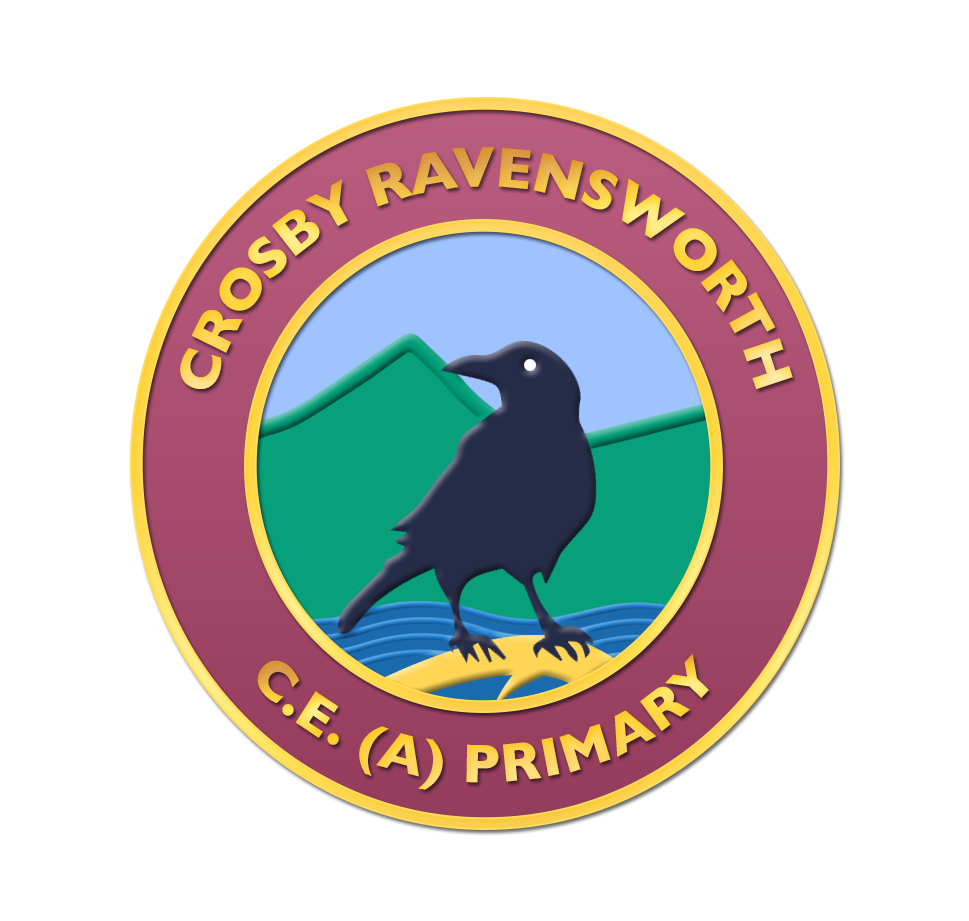Science
PLAN Science
As children in our very small school are taught in mixed-age classes, these maps should be applied flexibly. Although they provide a broad indication of end of year expectations, our aim is always to ensure that our pupils have attained national expectations by the end of each key stage. Each pupil's route towards this goal is unlikely to be as linear as the tables might suggest.
Intent
We will cover the National Curriculum for Science, which aims to ensure that all pupils:
- develop scientific knowledge and conceptual understanding through the specific disciplines of biology, chemistry and physics
- develop understanding of the nature, processes and methods of science through different types of science enquiries that help them to answer scientific questions about the world around them
- are equipped with the scientific skills required to understand the uses and implications of science, today and for the future. We understand that it is important for lessons to have a skills-based focus, and that the knowledge can be taught through this
Through science, pupils at Crosby Ravensworth School will continue to deepen their respect, care and appreciation for the natural world and all its phenomena. We believe science encompasses the acquisition of knowledge, concepts, skills and positive attitudes.
Throughout the programmes of study, the children will acquire and develop the key knowledge that has been identified within each unit and across each key stage, as well as the application of scientific skills. We ensure that the working scientifically, skills are built-on and developed throughout children’s time at the school so that they can apply their knowledge of science when using equipment, conducting experiments, building arguments and explaining concepts confidently and continue to ask questions and be curious about their surroundings.
Implementation
A specialist science teacher (and lead teacher for science) delivers our science curriculum to KS2 and leads the subject across the school. This science teacher also teaches Science at another primary school in the cluster which helps them compare a greater number of pupils when assessing. The science teachers create a positive attitude to learning within their classrooms and reinforce an expectation that all pupils are capable of achieving high standards in science. Our whole school approach to the teaching and learning of science involves the following:
- Science is planned, taught and assessed in topic blocks. The National curriculum objectives are grouped into topics and adapted for Crosby Ravensworth CE (A) Primary School. The PLAN curriculum mapping is used to ensure progression.
- Through our planning, we involve problem solving opportunities that allow children to apply their knowledge, and find out answers for themselves. Children are encouraged to ask their own questions and be given opportunities to use their scientific skills and research to discover the answers. This curiosity is celebrated within the classroom. Planning involves teachers creating engaging lessons, often involving high-quality resources to aid understanding of conceptual knowledge. Teachers use precise questioning in class to test conceptual knowledge and skills, and assess pupils regularly to identify those children with gaps in learning, so that all pupils keep up.
- We build upon the knowledge and skill development of the previous years. As the children’s knowledge and understanding increases, and they become more proficient at: planning investigations (making predictions, selecting equipment, method-writing, controlling variables), recording results in tables and graphs, drawing conclusions, evaluating evidence, evaluating results, conducting research and understanding key concepts.
- Working Scientifically skills are embedded into lessons to ensure these skills are being developed throughout the children’s school career alongside the acquisition of new knowledge and vocabulary. This is developed through the years, in-keeping with the topics. Teachers model how to use scientific equipment, and the various Working Scientifically skills in order to embed scientific understanding.
- The key knowledge and vocabulary within each science topic and working scientifically skills are informed by the PLAN matrices. New vocabulary and challenging concepts are introduced through direct teaching. This is developed through the years, in-keeping with the topics. Teachers ask a range of questions, which enable all children to take part, listening carefully to answers and taking learning forward, using open and closed questions and allowing children time to think. Teachers find opportunities to develop children’s understanding by accessing outdoor learning.
- We adapt and extend the curriculum to match the unique circumstances of our small, rural school.
- The teachers have access to a central store of high-quality equipment shared with another school.
- Events, such as Forest School days, provide a broader provision encouraging the acquisition and application of vocabulary, knowledge and skills. These are purposeful, linking with the knowledge being taught in class and where appropriate involve the wider community.
Impact
The approach at Crosby Ravensworth CE (A) Primary School results in a fun, engaging, high-quality science education that provides children with the foundations and knowledge for understanding the world. Our engagement with the local environment ensures that children learn through varied and first-hand experiences of the world around them. Through various workshops, trips and interactions, children have the understanding that science has changed our lives and that it is vital to the world’s future. Children learn about the possibilities for careers in science and many express a desire to follow this route. Children at our school overwhelmingly enjoy science and this results in motivated learners with a sound scientific understanding. Results at the end of Key Stage 2 are excellent. Pupils are well-prepared for secondary school and usually excel in the subject in Year 7.
